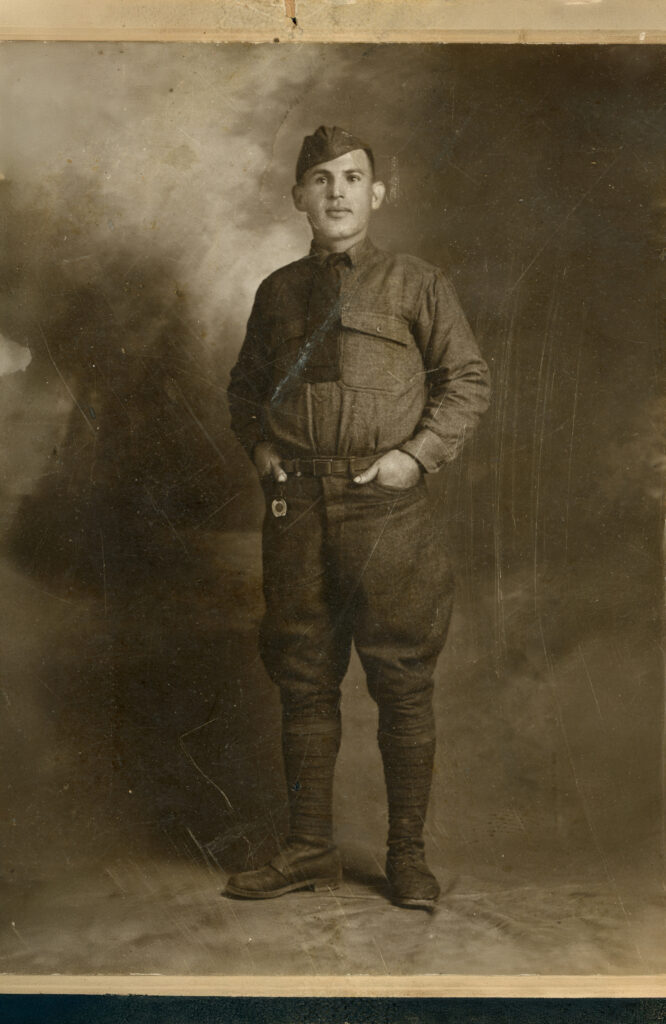
As Memorial Day passes, I pause to reflect on national service and personal legacy. My grandfather traveled to the U.S. as a teenager, fleeing tyranny in Eastern Europe. He joined the U.S. Army in World War I and fought in the trenches in France. His service allowed him to earn U.S. citizenship. At the start of World War II, my father volunteered to fight the Nazis and joined the U.S. Army as a medic. He told me a story of how one of the early Nazi missiles missed his barracks by only a few hundred feet.

My grandfather fled tyranny in Eastern Europe and earned U.S. citizenship through his service in World War I, fighting in the trenches of France.
Their courage and sacrifice—like so many others—remind us that the freedoms and responsibilities we hold today were built by those who came before us.
In healthcare, we carry a different but equally vital legacy. Rooted in ethical care, scientific progress, and the sanctity of the patient-physician relationship, we must serve others—honorably, wisely, and purposefully.
As artificial intelligence rapidly reshapes healthcare delivery, we must ask: Are we honoring this legacy? Are we implementing these powerful tools with the integrity, oversight, and humility our predecessors would expect of us?
In my book Future Healthcare 2050, I examine the governance, regulation, and future vision required to align AI innovation with the enduring values of medicine and the trust patients have in us.
We are not just transforming processes—we are redefining trust. And the decisions we make today will shape healthcare for generations to come.
Let us move forward, guided by memory—and committed to momentum.









0 Comments